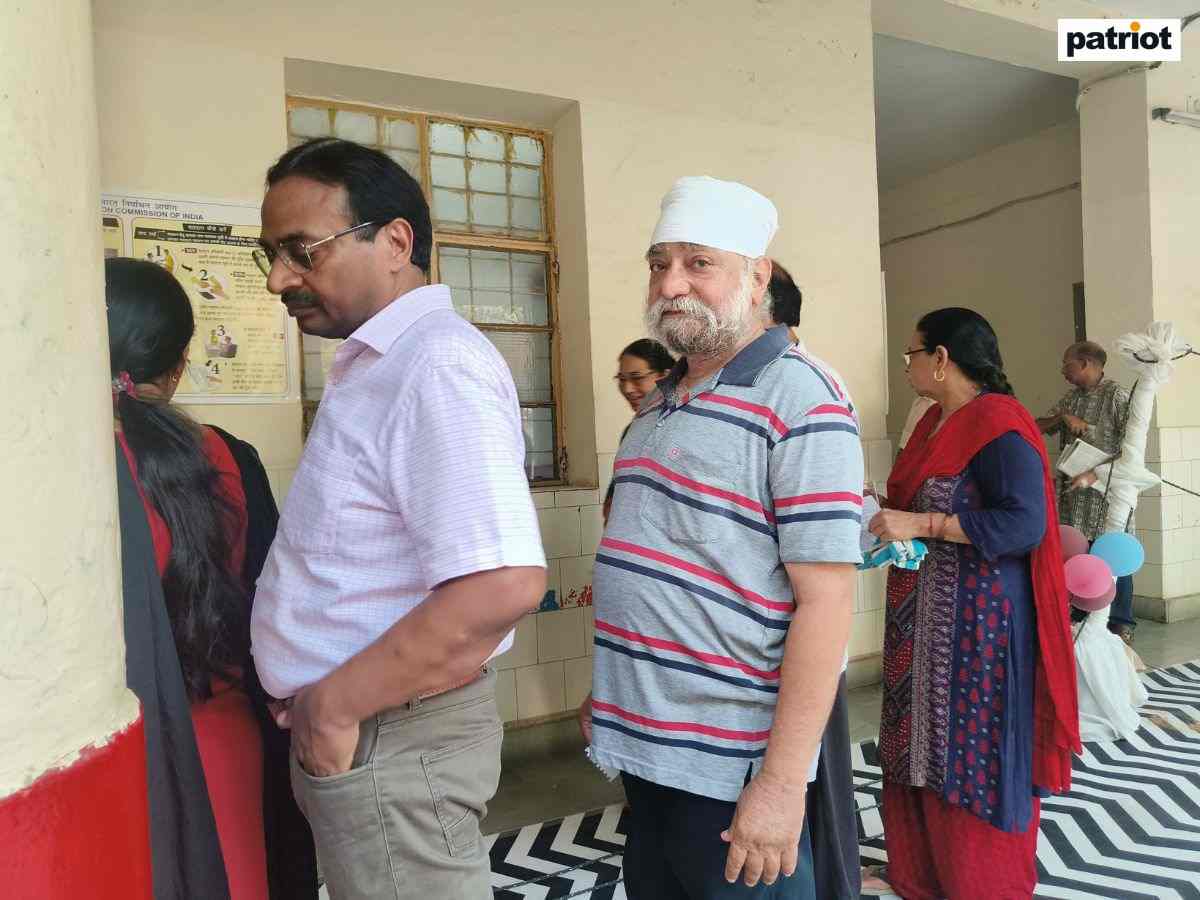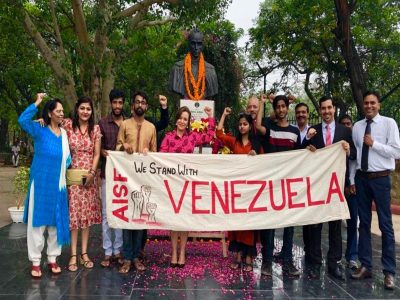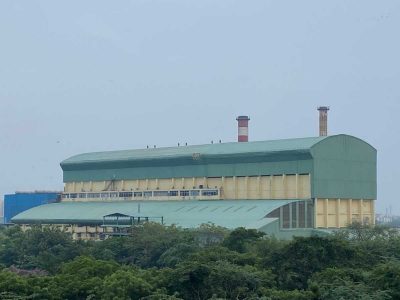Lok Sabha Polls 2024: In the scorching heat of Delhi, 70-year-old Rajendra Kumar Shrivastava has been waiting to cast his vote at a polling booth in Moti Bagh as the sixth phase of Lok Sabha elections ensued. He says that his vote is for development in Delhi.
“I am standing in the queue to vote for the development of my city as we want to see changes on the ground,” he said.
He said that he is very excited to vote this time. “We used to live in this area until a few years ago, but have now shifted to Chattarpur area. I travelled all the way from there to vote here at Moti Bagh,” said Kumar who voted at Atal Adarsh Vidhyalaya School.
TPS Sarna, 68, highlighted the need to have jobs for the youth.
“I have voted keeping creation of jobs in mind. We don’t want any favouritism or casteism in the way of our children getting jobs. We want transparency in the process,” he said.
He added that he voted for the development of the country and particularly Delhi.
South Delhi is experiencing significant voter participation, with rural residents prioritising national issues over local problems, while urban residents focussing more on local issues such as health, education, sanitation, and traffic congestion.
Sunita Juneja, 80, who voted at the MCD Senior Secondary School in Tughlakabad, said, “We voted for the development of the country as a whole. Our first priority is the nation. Our nation should progress.”
Ashok Kumar, 82, who also voted at MCD Senior Secondary School in Tughlakabad, stated, “We want our nation to become the most developed in the world.”
When asked about local issues, Kumar said there were no issues in their locality. “We only want a strong leader for our country who can take it forward. ‘Kaam Hum Khud Bhi Sakte Hai. Hume Bas Ek Nidar Neta Chahie. Hume Hindustan Chahie. Ek Bharat Chahie.’ (We can earn money by ourselves. We just want a fearless leader. We want India. We want an undivided India),” Kumar added.
In the posh area of Greater Kailash – I, South Delhi, there was an atmosphere of enthusiasm and joy as residents came out to vote and choose their representative.
Indira Atal, 88, a resident of Pamposh in GK-I and originally from Kashmir, said, “At my age, my priority is for the government to improve the law-and-order situation in the city, especially for women. Additionally, health facilities in the capital should be improved. For my grandchildren, I want the education system of the city to be a priority of every government. Many things have improved over time, but we want development for the betterment of society to continue.”
Dressed in his best kurta, gleaming bright under the summer sun, Mohammed Islam exuded excitement to exercise his franchise.
“It’s always a joy to vote. It’s more than a right, I feel that it is the duty of every citizen to vote,” said the 76-year-old.
Islam had first voted at the age of 20 in the 1967 Lok Sabha elections that brought Indira Gandhi to power. The man, gleaming with pride, said while standing in the queue at the New Usmanpur Primary School, “Since then, I have always felt a sense of excitement whenever I have had the opportunity to vote. Every five years, the duty and the thrill of forming the government remains the same.”
On the other hand, dressed in his weekend best, clad in pristine black trousers and a cream-coloured shirt nullifying all of its creases, 65-year-old Suhel Singh, also highlighted the thrill of being able to vote even after all these years.
“I have been voting since the day I got my card made at 19 in 1977, when Morarji (Desai) came to power. Since then I have never looked back,” he said.
Also read: Lok Sabha Elections 2024: PwDs vote in large numbers despite difficulties
Singh has been ardently following the country’s politics for the past 10 years. “I do not mind standing in the queue if it means that I have a say in forming the government, irrespective of who wins at the end of the day. At least, I’ll know that I had some role to play,” he said.
Both highlighted that the process was fairly smooth with no hindrance, taking slightly above 10 minutes from and to the booth.
(With inputs from Saurav Gupta and Kushan Niyogi)





